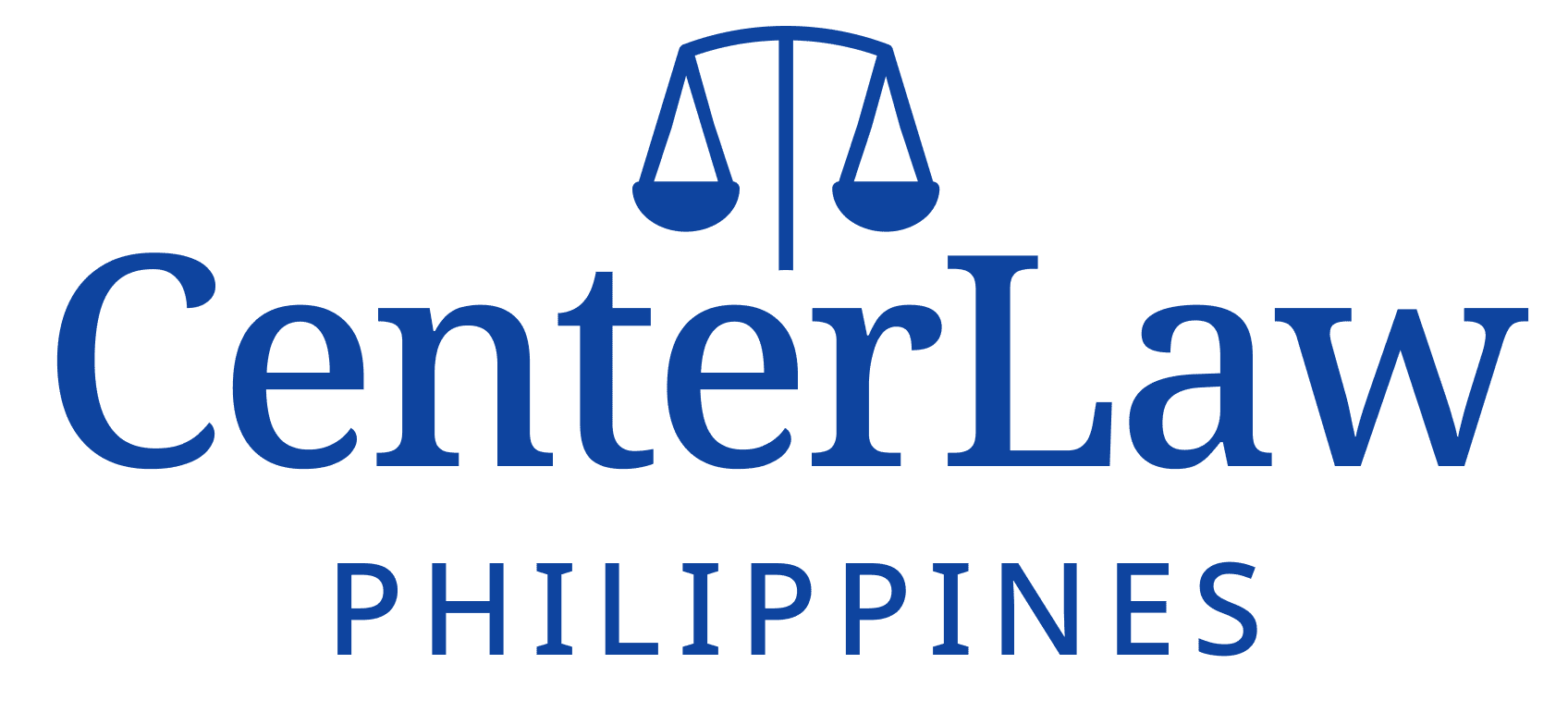I welcome that the Court recognized the necessity for accepting multiple forms of ID for participating victims in the Duterte trial – it will ensure that those thousands of individuals who have been harmed by the extrajudicial killings of their loved ones can be recognized by the Court, and can share their views and concerns as the proceedings develop.
Mr. Kaufman’s assertions that he merely provided “observations” to the Court have brought the conversation into petty semantics. It is very simple – the Registry recommended that a variety of forms of national ID be accepted to identify eligible victims and the Defence requested that the list of acceptable IDs be limited. The Court was very clear when it considered Mr. Kaufman’s submission and instead accepted the Registry’s proposed list – in effect, denying the Defence’s proposal.
Additionally, I strongly rebuke the insinuations made by the Defence’s proposal – claiming that expanding the list of acceptable IDs “could lead to misidentification, double-counting, and the inclusion of false victims.” When the facts of the widespread and systematic extrajudicial killings under the pretext of the “war on drugs” are so clear, it seems that the Defence’s position will be to rely on insidious attacks to undermine the credibility of future victims recognized by the Court.
But this approach ignores one important fact: it is Rodrigo Roa Duterte who is on trial, not his thousands of victims. In fact, not one of them was granted their day in court.
It is untrue – and frankly, elitist – to suggest that only those formally appointed by the ICC as victims’ counsel have the right to speak on matters concerning the proceedings. The Rome Statute encourages public engagement, and the Court itself provides avenues for amicus briefs, written submissions by non-parties to a case, and civil society participation.
The protections afforded to counsel in ICC proceedings consist of fairness and due process: not the guarantee to be shielded from well-earned criticism. I am one of many lawyers who represent grieving families – victims of state violence and abuse of power – and we speak not only in our professional capacity but as advocates for justice in this forum for international accountability. Simply put, Mr. Kaufman is not above criticism, nor is his client.
Moreover, the legal representation process before the ICC is ongoing. The Office of Public Counsel for Victims (OPCV) serves as an interim body, not a bar to independent representation, because victims are entitled to choose their counsel from the list of accredited ICC Counsel. To imply otherwise is misleading and denies agency to victims whose rights have already been violated.
Let us also confront the stark imbalance in this case. Duterte has the resources and influence to select and pay for his high-powered legal representation. The families of the victims do not. Many of them cannot even afford to bury their dead, let alone secure formal identification documents – in fact, their invisibility made them perfect victims for state violence during the drug war for years without cause or consequence.
And yet, it is these same families who are being scrutinized by Mr. Kaufman, who has asked that they meet higher procedural burdens just to be heard by the Court. This is a galling request of a Court tasked with delivering justice when these victims’ families have languished for so long. The absurdity and cruelty of such a position cannot go unchallenged. And this trial of Duterte’s crimes against humanity must not become a trial against the poor.
My message to Atty. Kaufman: Let us focus on the merits of the case. Let us honor the victims by removing procedural roadblocks, not erecting them. Finally, let us allow the truth to come out – not to be buried in legal technicalities, but laid bare before the global eyes on this Court.
Atty. Joel Butuyan
Center for International Law (CenterLaw)

